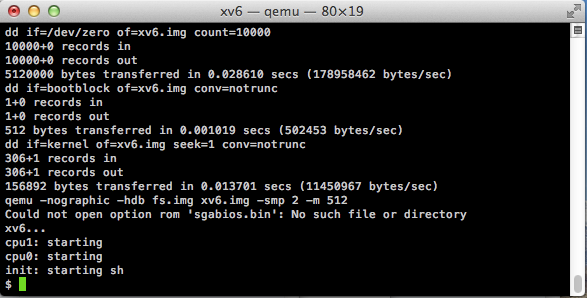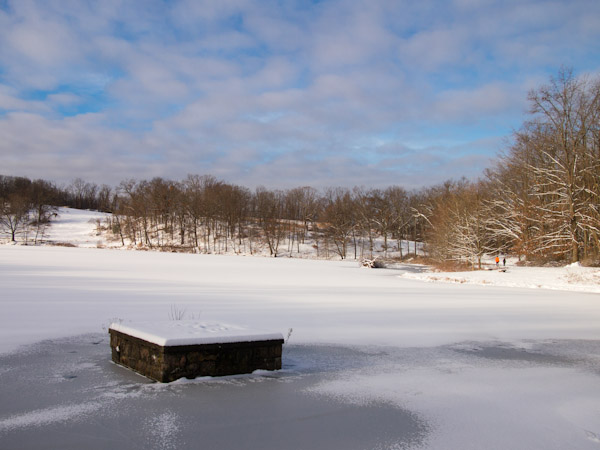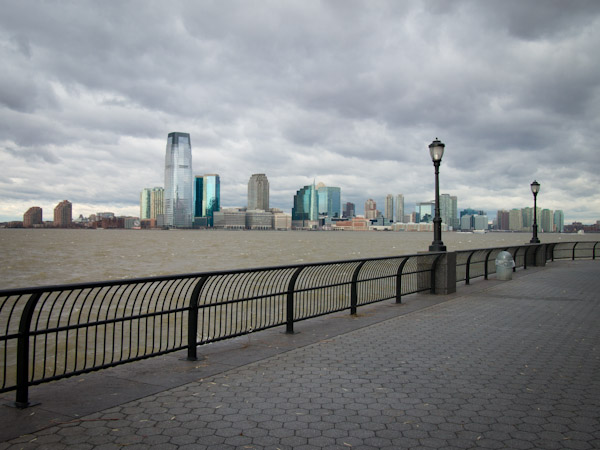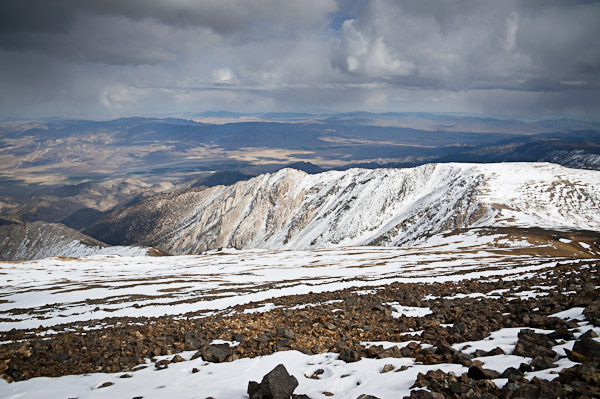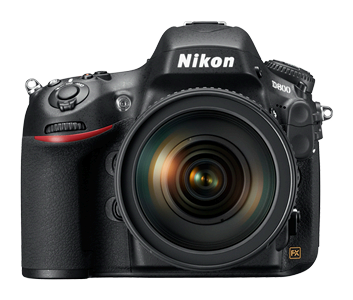
Yesterday Nikon announced their new D800 digital SLR. The headline feature that everybody is talking about is the 36 megapixel 135-format (36x24mm) sensor. If it performs as expected, it’ll offer image quality comparable to a $15000 digital medium format system, in a camera half the size and 1/5 the cost.
The D800 is of course the slightly-delayed successor to the D700, a camera I’ve been happily using for more than 3 years. My D700 has been up dozens of mountains, seen hundreds of trails and been to Europe twice in that period, wracking up a little more than 60000 shots in that period. In addition to offering triple the pixel count of its predecessor, the D800 adds high definition video capture, dual memory-card slots and a 100% viewfinder and even manages to lose 10% of the D700’s weight. All for the same official price that the D700 sold for when it came out.
The D800’s problem, if it can be called that, is that there are a lot of good cameras available these days. Not that the D800 won’t sell tremendously well of course, but the fact of the matter is that for many, I daresay most, applications, the existing options are well past the point of ‘good enough.’ The main advantage of 36MP over 16MP or 12MP is that you can print larger, or crop more. Don’t do either of those? Then a camera half the price and half the weight will likely serve just as well.
For my part, much as I’ve enjoyed my D700, I’ve gotten somewhat tired of lugging it around. With a good lens, the kit is over 4 pounds, which is to say too much to bring along casually. The size also makes it intimidating.
Looking ahead, it’s fairly clear that smaller cameras are going to continue to improve. While the absolute gap in quality and capabilities between small and large cameras may remain the same, the relative difference will continue to become less important. The number of people who want to print 11×14 is larger than those who want to print 16×20, and that still larger than 24×36. Likewise, the number of people willing to pay for a camera that goes to ISO 25k, 50k, 100k and 200k drops substantially at each step. The cost and convenience of the smaller cameras at a certain point will be compelling enough that all but the most die-hard technology junkies will jump off the upgrade bandwagon.
So in some sense, I see the D800 as the beginning of the end. It’s a great camera, but an evolutionary dead end. In a future where quality requirements have been met, convenience and connectedness will be the most important metrics, and in that future there will be only a small niche for the large black bricks that we call cameras today.

